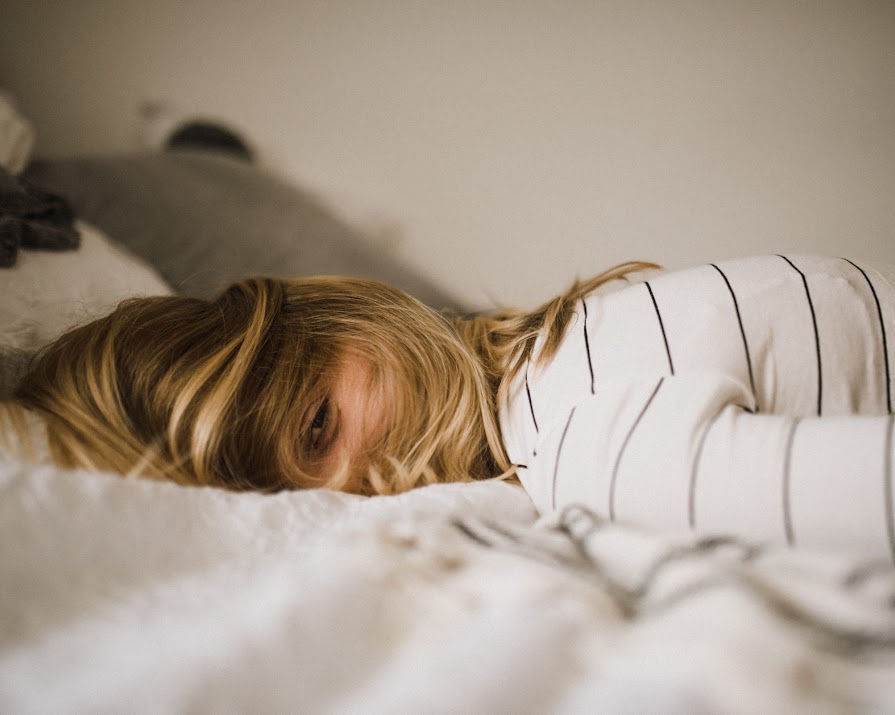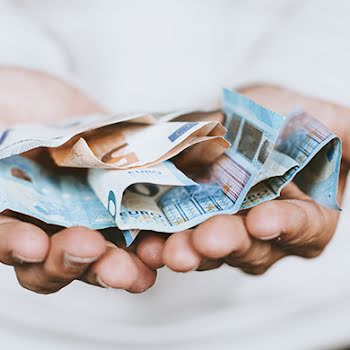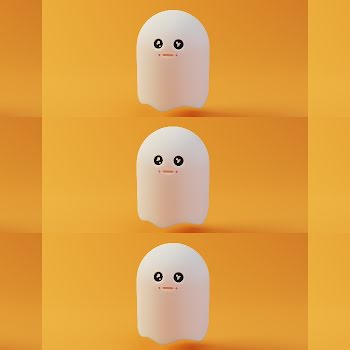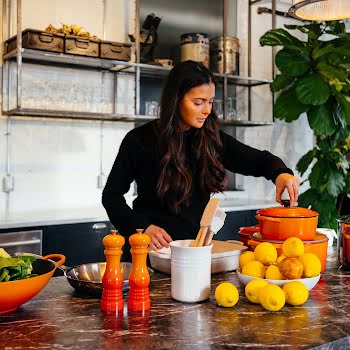
By Edaein OConnell
19th Sep 2020
19th Sep 2020
Struggling to fall asleep during this pandemic? Here are 10 ways that will help to beat insomnia and give you a better quality sleep
There are so many parts of our lives that have been disrupted during this pandemic.
Work, home, and family life have been turned upside down. The way we communicate and the way we socialise has changed, and our general view of the world around us has altered.
Our sleep hasn’t escaped either. People’s dreams have started to play tricks on them. Going to bed at a reasonable hour is no longer a requirement and getting up early is now a thing of the past. Our routines are out of sync.
During this current crisis, you may also be experiencing insomnia.
Insomnia, also known as sleeplessness, is a disorder in which people have trouble sleeping. A person may find it difficult to fall asleep or to stay asleep for a desired time.
Sleep is one of the most important elements of good mental and physical health, so it isn’t surprising that insomnia can cause low energy, irritability, and a depressed mood.
If you are struggling to rest during these difficult times, here are some tips to help alleviate the problem.
Keep a regular sleeping routine
With job losses and kids out of school, our sleeping habits are different but it’s important to keep them regulated. One of the best ways to beat insomnia is to try and go to sleep and wake up at roughly the same time every night and morning.
Exercise regularly
Though your energy levels may tell you differently, it is vital to get some form of physical activity into your day. Activities such as walking and yoga are excellent at relieving tension in the body, making you more relaxed before bed. However, avoid high-intensity training too close to bedtime as it will keep you awake.
Limit caffeine intake
When we feel the slightest bit tired, we tend to reach for a cup of coffee but it is an expert at blocking the pathway to sleep. Try and drink caffeinated drinks to earlier in the day and cut them out completely a few hours before you head to bed. Instead, try a herbal tea or a warm cup of milk.
Eliminate stimulants
Though it may seem like alcohol helps you to fall asleep, it can cause frequent arousal and a restless night’s sleep. The same goes for cigarettes. Nicotine is a stimulant and makes it harder to fall and stay asleep.
Create a relaxed sleeping environment
Your bedroom should be a peaceful retreat after a busy day. Make sure the space is clean, tidy, and that temperature, lighting, and noise are controlled. Make sure your bed is comfortable too.
Limit naps
Though it may be tempting to catch up on sleep during the day, naps will only provoke the problem. Maintaining a solid sleep pattern will help your mind to recognise sleeping cues such as darkness – naps will do the opposite.
Relax before bed
Try some light yoga or meditation before you try to sleep. Doing this will help to relax your mind and body. Download apps such as Calm, which has specific sleep meditation practices.
Avoid hot showers and baths
Dream researcher and psychologist at Harvard University, Deirdre Barrett advises people against going for hot baths and showers before bedtime. Our bodies are trying to cool down before we sleep, so hot water will only aggravate our body temperature and induce conditions such as insomnia.
Limit activities in bed
These activities include working in bed, making phone calls, scrolling on your phone, watching Netflix, and listening to the radio. All of these increase make you more alert and subsequently makes it more difficult to nod off.
Write down your worries
Bedtime is also a prime time for worries to enter our consciousness. If this happens to you, take out a notebook and write down what is troubling you. If these fears are about tasks that lay ahead for the next day, write out a plan. This will help you to feel in control of your workload and will ease your mind.
Read more: Watch: Dancers around the world are killing lockdown time by performing on their rooftops
Read more: Tears, fears, and tissues: The 5 types of Covid-19 crying we’re all by now familiar with
Read more: Study reveals there are 3 types of ‘pandemic personalities’ during lockdown. Which are you?























